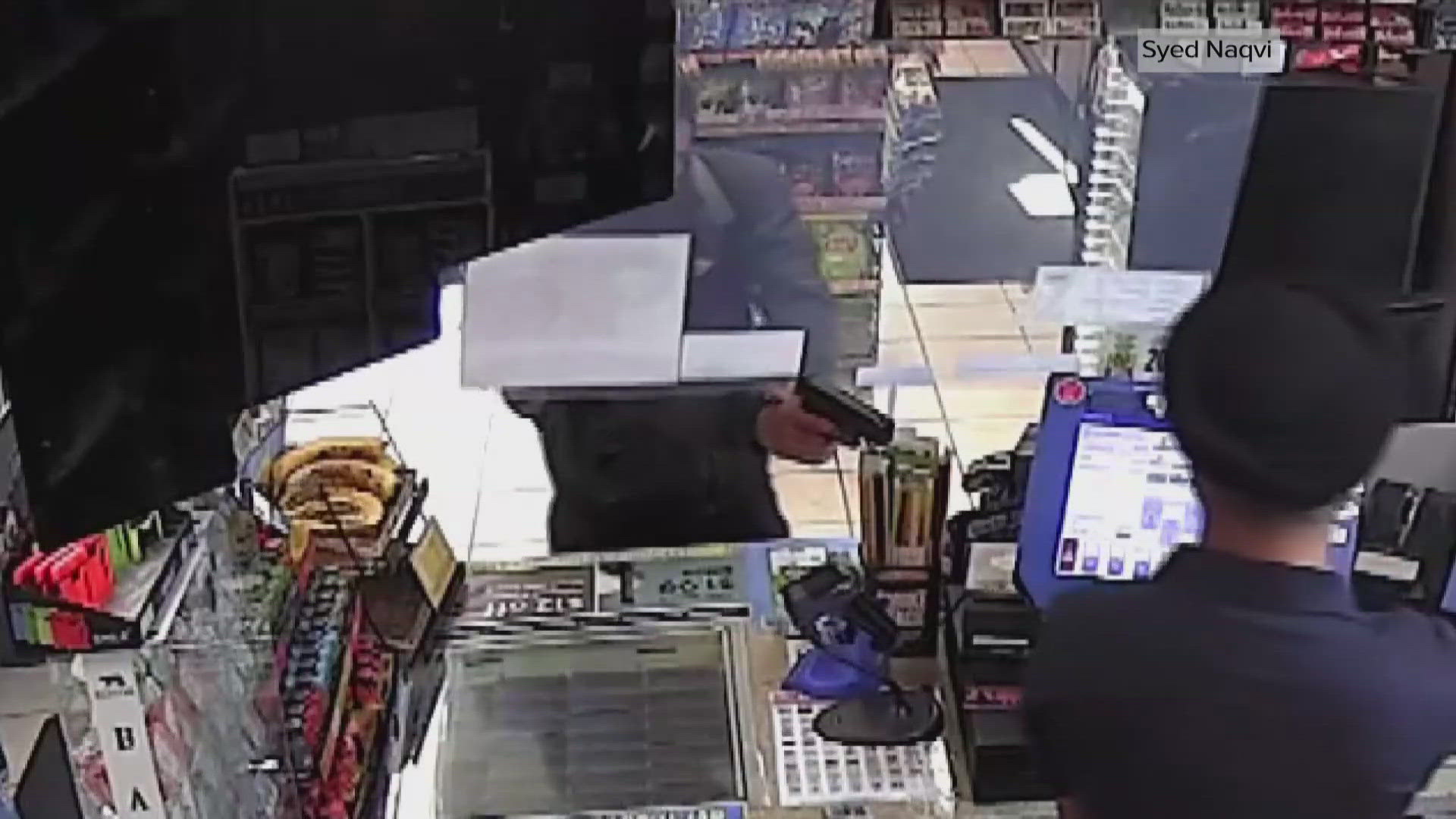SACRAMENTO, Calif. — ABC10 is going inside the Sacramento Police Department's Real Time Information Center as they prepare to roll out the new Public Safety Camera Network. The idea behind the program is to get as many existing cameras as possible from neighborhoods, businesses and the government on one computer system, known as "FUSUS."
"Basically a network of cameras all tied into one ecosystem," said Deputy Chief Adam Green, with the Sacramento Police Department.
Green said their goal is to quickly get their hands on videos that may have captured crimes. This public-private partnership with law enforcement would give them permission to access cameras in advance.
"A business can give us full access. They can give us limited access. They can revoke access at any time,” said Public Information Officer Anthony Gamble. “This gives us just maybe that 1% chance of having a better picture of what we're walking into."
Police told ABC10 that all patrol cars will have access to the new technology. It comes at a cost of about $300,000 over the next three years, and officers insist it's worth the cost.
"When we talk about worth, what are we talking about? We're talking about safety, safety for the community, safety for our officers,” Gamble said. “To have the ability to have a call for service come in — maybe it's a crime in progress, maybe it's a violent crime in progress — to have the officer pull over and pull up the cameras in that area and start relaying information to our officers in real-time, that's invaluable."
Police said the network does use artificial intelligence, or AI, to quickly search video for things like specific car colors to help identify suspects and vehicles associated with crimes.
The Electronic Frontier Foundation has concerns about mass surveillance.
"Police surveillance threatens constitutionally protected activities. It gives police the ability to surreptitiously spy on and track people of no real or alleged criminal concern. It creates caches of sensitive, personal information that can be retained indefinitely,” said Beryl Lipton, senior investigative researcher at the Electronic Frontier Foundation. “FUSUS is compounding these issues by expanding police access to surveillance cameras and integrating the cameras with a number of other surveillance services. This increases the ways police are able to record, track and marginalize communities. Many of these data feeds are being further analyzed by black box AI systems, which rely on mass surveillance, create opportunities for misidentification, and can undermine due process protections.”
Police acknowledge the community may have concerns about spying or potential misuse of the technology.
"That's a very valid concern when you talk about technology and government,” Gamble said. “The City of Sacramento is extremely busy. We have a very high call volume, and we're short-staffed. I can assure you that officers aren't going to have time to pull over and spy on people. When we're looking at the camera network, it's in response to a call for service. So we have audit systems in place. We also have a failsafe in place to help prevent the likelihood of some misuse happening. Additionally, if somebody accuses, say me, of misusing it, they can quickly go on the backend and they can see when I logged in, what I searched, what I did to the very minute detail."
Sacramento police told ABC10 the system is already in use by more than 70 police departments across the country, and they said it's a completely voluntary system for members of the community.
"It's only as good as a couple of things. It's only as good as the officers that actually pull over and take the time to use it,” Gamble said, “and the community members that entrust the police department, sign up, buy a core through the public safety camera network system and then give us access."
The public safety camera network will essentially expand the reach of police across the capital city.
"We're being transparent. We're being accountable,” Deputy Chief Green said. “And we're using it to further the mission of the police department in keeping our community safe and solving crime."
The Electronic Frontier Foundation said deciding to expand police video surveillance to every corner of our lives should never happen without strong community conversation and transparency. The police department told ABC10 they value community feedback, and they’ll post updates on their transparency page.
WATCH ALSO:



















